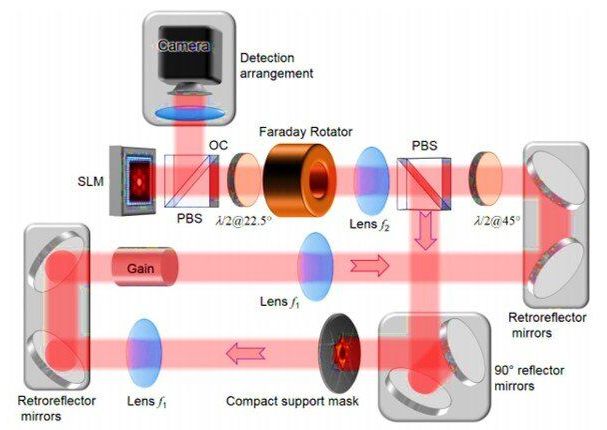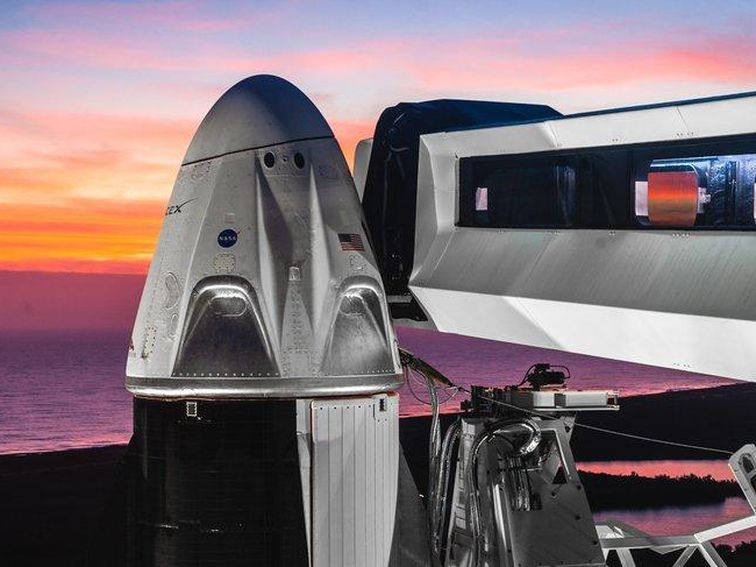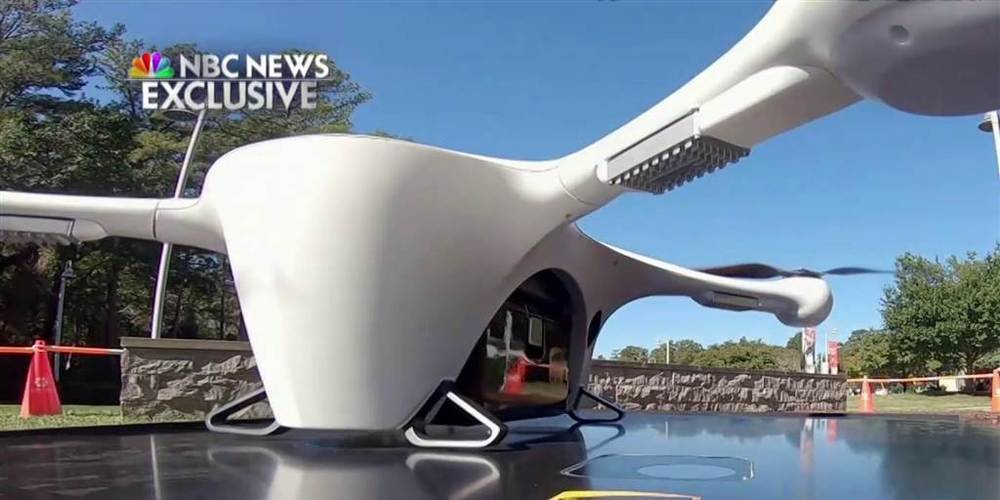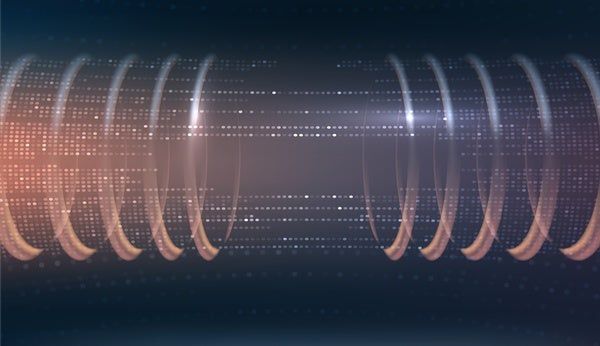Neuralink seeks to build a brain-machine interface that would connect human brains with computers. No tests have been performed in humans, but the company hopes to obtain FDA approval and begin human trials in 2020. Musk said the technology essentially provides humans the option of “merging with AI.”
Get the latest international news and world events from around the world.
Dr. Bill Andrews Presentation & Tour of Sierra Sciences on October 11TH, 2019
Excellent lecture. Darwin’s turtle, sharks and clams 500 years old, talking about Liz Parrish at an hour and 8. And then a tour.
My mission is to drastically improve your life by helping you break bad habits, build and keep new healthy habits to make you the best version of yourself. I read the books and do all the research and share my findings with you!
This video is DR. BILL ANDREWS PRESENTATION & TOUR OF SIERRA SCIENCES ON OCTOBER 11TH, 2019. Brent Nally recorded, edited and produced this video. My apologies for the poor audio and camera work in the first few minutes. Infinite gratitude to Bill for opening up Sierra Sciences to us. Here’s a link to purchase IsaGenesis. You have to sign up first: https://getstarted.isagenix.com/VF234XXQV001
- Please consider a donation to me: My Bitcoin Cash (BCH) address: qr9gcfv92pzwfwa5hj9sqk3ptcnr5jss2g78n7w6f2 or https://paypal.me/BrentNally
SHOW NOTES:

This Electric Toothbrush Uses AI Because Nothing is Sacred Anymore
These days, it seems like every brand is trying to leverage machine learning to imbue their products with special powers — and, most importantly, make an extra buck in the process.
But does your next electric toothbrush really need a dose of AI? Oral-B’s says its new $220 electric toothbrush, called “Oral-B GENIUS X with Artificial Intelligence,” will leverage data from sensors inside the brush head and Bluetooth to deliver AI-derived brushing tips through an app. The future is now, huh?

Rapid laser solver for the phase retrieval problem
Physicists can explore tailored physical systems to rapidly solve challenging computational tasks by developing spin simulators, combinatorial optimization and focusing light through scattering media. In a new report on Science Advances, C. Tradonsky and a group of researchers in the Departments of Physics in Israel and India addressed the phase retrieval problem by reconstructing an object from its scattered intensity distribution. The experimental process addressed an existing problem in disciplines ranging from X-ray imaging to astrophysics that lack techniques to reconstruct an object of interest, where scientists typically use indirect iterative algorithms that are inherently slow.
In the new optical approach, Tradonsky et al conversely used a digital degenerate cavity laser (DDCL) mode to rapidly and efficiently reconstruct the object of interest. The experimental results suggested that the gain competition between the many lasing modes acted as a highly parallel computer to rapidly dissolve the phase retrieval problem. The approach applies to two-dimensional (2-D) objects with known compact support and complex-valued objects, to generalize imaging through scattering media, while accomplishing other challenging computational tasks.
To calculate the intensity distribution of light scattered far from an unknown object relatively easily, researchers can compute the source of the absolute value of an object’s Fourier transform. The reconstruction of an object from its scattered intensity distribution is, however, ill-posed, since phase information can be lost and diverse phase distributions in the work can result in different reconstructions. Scientists must therefore obtain prior information about an object’s shape, positivity, spatial symmetry or sparsity for more precise object reconstructions. Such examples are found in astronomy, short-pulse characterization studies, X-ray diffraction, radar detection, speech recognition and when imaging across turbid media. During the reconstruction of objects with a finite extent (compact support), researchers offer a unique solution to the phase retrieval problem, as long as they model the same scattered intensity at a sufficiently higher resolution.
Inside the outrageously ambitious plan to scan the entire Earth with lidar
The Earth Archive is an ambitious new project that hopes to scan planet Earth in full 3D using the technology which helps self-driving cars make sense of the world around them. Here’s why its creators believe that this is such an important mission — and why time is running out.

Scientists let rats drive tiny cars, and they loved it
The vast majority of scientific studies are high-level examinations of the mechanics that drive our reality. They often involve massive collections of data that the average person couldn’t even begin to parse, and a lot of times that makes them excruciatingly boring to read about.
A new paper published by the University of Richmond in Virginia is most definitely not one of those kinds of studies. In fact, it sounds like something you might want to just do for fun, since it involves building tiny cars for rats and teaching them how to drive.

